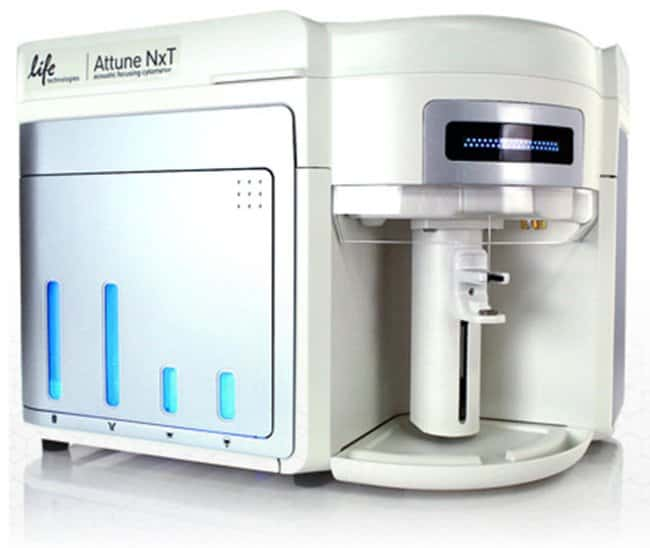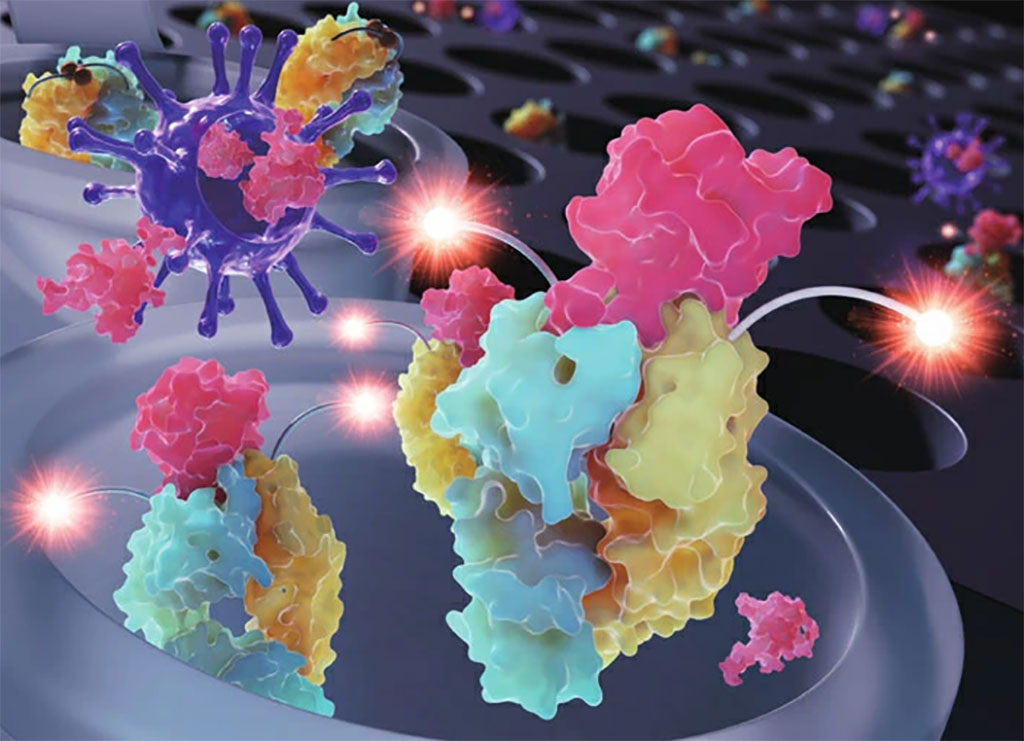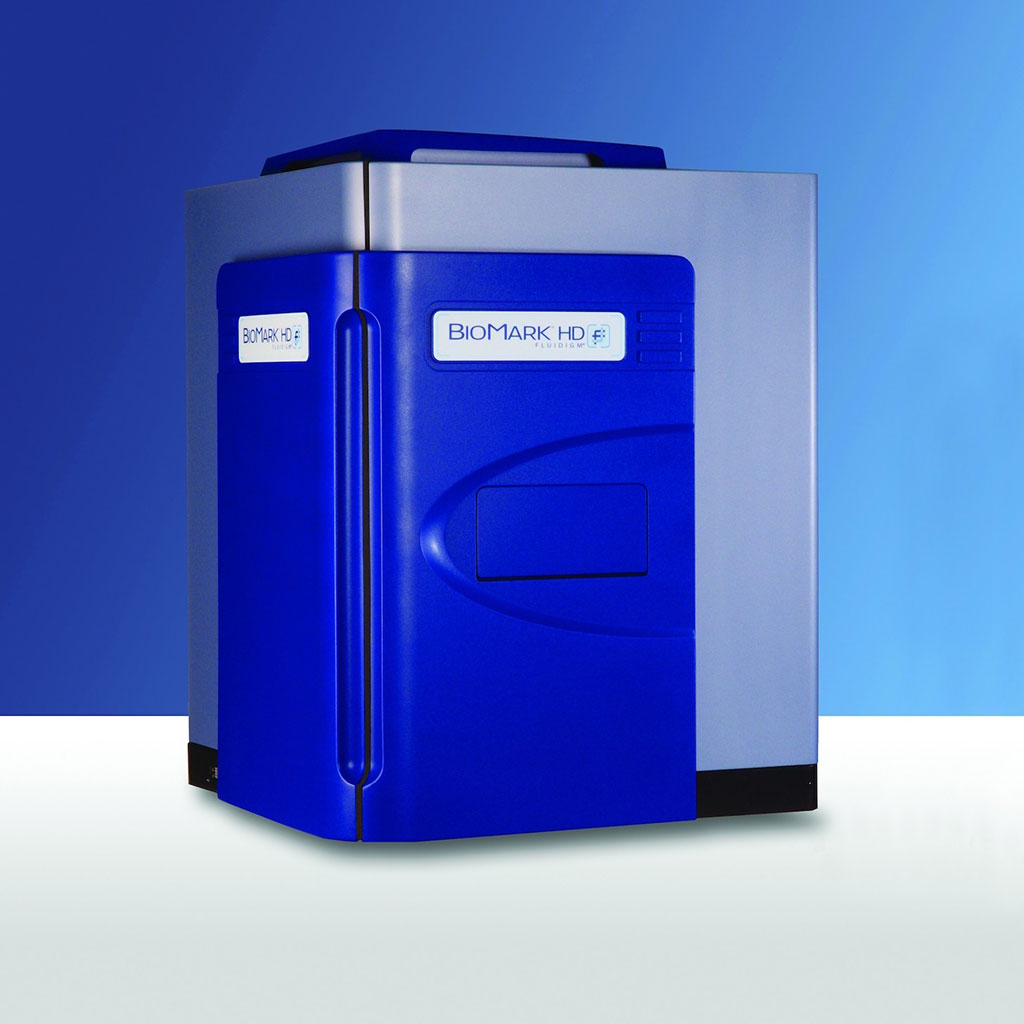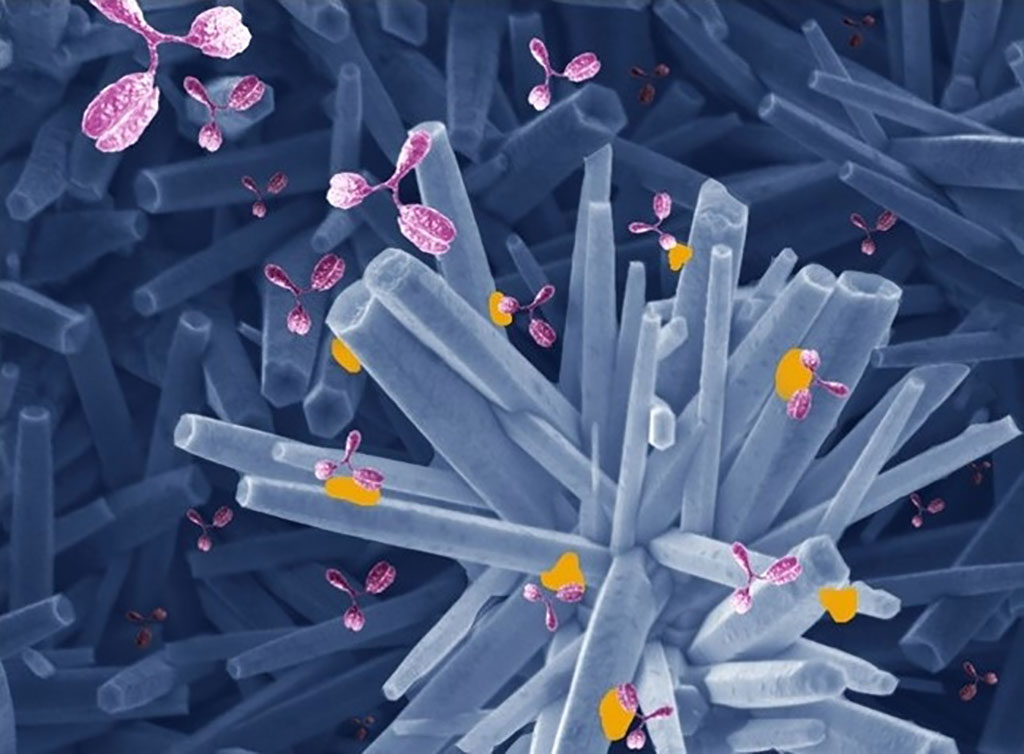Blood Abnormalities Found in People with Long Covid
Posted on 23 Aug 2022
SARS-CoV-2 infection can result in the development of a constellation of persistent sequelae following acute disease called post-acute sequelae of COVID-19 (PASC) or Long COVID.
The Long Covid patients, most of them struggling with intense fatigue, brain fog, and other symptoms, had low levels of cortisol, a stress hormone that helps the body control inflammation, glucose, sleep cycles. Long Covid shares certain features with myalgic encephalomyelitis/chronic fatigue syndrome (ME/CFS), another condition thought to follow an infection.

A large group of Imunobiologists at the Yale School of Medicine (New Haven, CT, USA) and their colleagues included 215 individuals in an exploratory, cross-sectional study to perform multi-dimensional immune phenotyping in conjunction with machine learning methods to identify key immunological features distinguishing Long COVID. The Healthy Controls (HC), Convalescent Controls (CC) and Long COVID (LC) groups had samples collected within the Mount Sinai Healthcare System (New York, NY, USA). The Healthcare Workers (HCW) group had samples collected within the Yale New Haven Healthcare System.
Whole blood was collected in sodium-heparin-coated vacutainers from participants at Mount Sinai Hospital. The following methods were implemented: Flow cytometry, prepared for analysis on an Attune NXT (Thermo Fisher Scientific, Waltham, MA, USA); SARS-CoV-2 antibody testing by ELISA plates were read at an excitation/emission wavelength of 450 nm and 570 nm; Multiplex proteomic analysis; Linear Peptide Profiling (Serimmune) and samples were normalized to a final concentration of 4 nM for each pool and run on the NextSeq500 (Illumina, San Diego, CA, USA); Protein-based Immunome Wide Association Study (PIWAS) analysis; IMUNE-based motif discovery; and Rapid Extracellular Antigen Profiling (REAP) and analysis.
The scientists reported that marked differences were noted in specific circulating myeloid and lymphocyte populations relative to matched control groups, as well as evidence of elevated humoral responses directed against SARS-CoV-2 among participants with Long COVID. Further, unexpected increases were observed in antibody responses directed against non-SARS-CoV-2 viral pathogens, particularly Epstein-Barr virus. Analysis of circulating immune mediators and various hormones also revealed pronounced differences, with levels of cortisol being uniformly lower among participants with Long COVID relative to matched control groups. The Long Covid blood samples were also awash with a category of “exhausted” T cells that can be recognized by certain markers they express. Such cells surge in the ongoing presence of pathogens, suggesting the bodies of people with Long Covid are actively fighting something.
The authors concluded that significant biological differences have been identified between participants with Long COVID and demographically and medically matched convalescent and healthy control groups, validating the extensive reports of persistent symptoms by various Long COVID advocacy groups. Unbiased machine learning models further identified both putative biomarkers of Long COVID, as well as potential mediators of Long COVID disease pathogenesis. The study was published on August 10, 2022 in the journal medRxiv.













